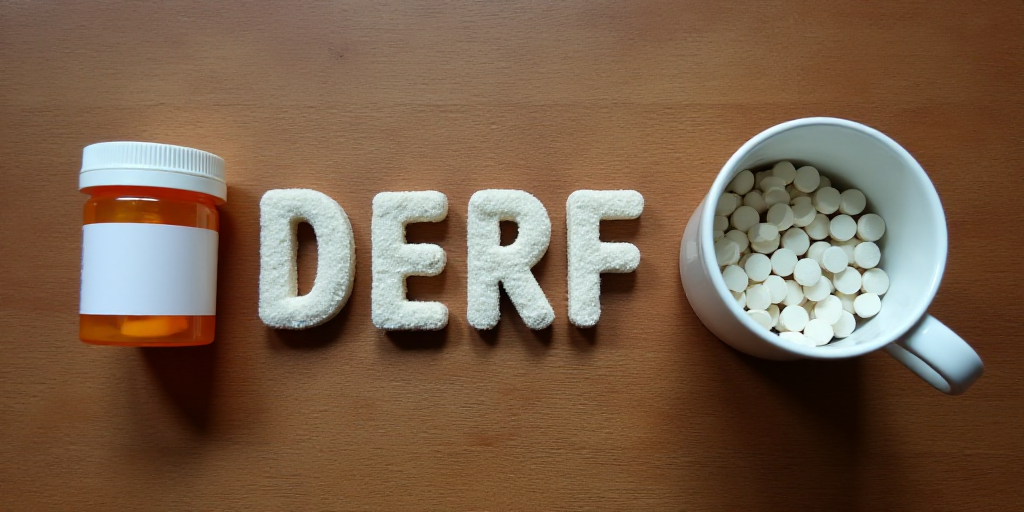A Recent Study Suggests Yes
Could taking vitamin D supplements slow down aging and keep us healthier for longer? A recent study suggests that it might.
In particular, its authors found that taking 2000 UI (international units) of this compound daily helped maintain telomeres, small structures that act like the ends of shoelaces, protecting our DNA from damage every time cells divide.
Understanding Telomeres
Telomeres are found at the end of each of our 46 chromosomes and shorten every time a cell reproduces. When they shorten excessively, cells can no longer divide and eventually die.
Over the years, scientists have linked shortened telomeres to some of the most feared diseases associated with aging, such as cancer, heart disease, and osteoarthritis. Smoking, chronic stress, and depression seem to accelerate telomere shortening, as do the body’s inflammatory processes.
Beyond Strong Bones
It’s well known that vitamin D, the “sunshine vitamin,” is essential for bone health as it helps our body absorb calcium. Children, adolescents, and people with darker skin or limited sun exposure may need vitamin D supplements to form and maintain strong bones.
However, vitamin D also strengthens our immune system: not only can it reduce respiratory infections, but it may also help prevent autoimmune diseases like rheumatoid arthritis, systemic lupus erythematosus, and multiple sclerosis.
Since inflammation damages telomeres, the anti-inflammatory effects of vitamin D could explain its protective role over these structures.
The Recent Study
In this recent study conducted by the University of Augusta in the United States, researchers followed 1031 individuals with an average age of 65 over five years, measuring their telomeres at the start, after two years, and after four years. Half took 2000 UI of vitamin D daily, while the other half received a placebo.
The results showed that telomeres were conserved at 140 base pairs in the vitamin D group compared to the placebo. To put this into context, previous research revealed that telomeres naturally shorten by about 460 base pairs over a decade, suggesting that the protective effect of vitamin D could be quite significant.
Previous Findings
This isn’t the first promising finding. Previous studies have reported similar benefits, and the Mediterranean diet, rich in anti-inflammatory nutrients, has also been linked to longer telomeres.
Long Telomeres, But Not Too Long
However, there are some crucial points to consider. Some researchers warn that excessively long telomeres might increase the risk of diseases, suggesting there’s an optimal point we don’t yet understand.
There’s also no agreement on the appropriate dosage. The Augusta researchers used 2000 UI daily, a quantity far exceeding the currently recommended intake: 600 UI for those under 70 and 800 UI for adults over 70. However, other research suggests that 400 UI may suffice to help prevent colds.
Experts assert that the optimal dose likely depends on individual factors, such as existing vitamin D levels, overall nutrition, and how the vitamin interacts with other nutrients.
Although these findings are revealing, there’s currently insufficient evidence to start taking high doses of vitamin D en masse in the hope of slowing down aging. The evidence we have so far points to the basics: maintaining a balanced diet, regular exercise, quality sleep, not smoking, and stress management all naturally support telomere health.
However, for those with vitamin D deficiency or at risk of poor bone health, supplements remain a sensible option backed by decades of research.
As scientists continue to unravel the mysteries of aging, we will clarify the role of vitamin D in maintaining our cellular clocks. Perhaps it’s just one piece of a much larger puzzle.
Key Questions and Answers
- What are telomeres and why are they important? Telomeres are small structures at the end of our chromosomes that protect our DNA from damage. They naturally shorten as we age, and excessive shortening is linked to aging-related diseases.
- What role does vitamin D play in this? Vitamin D, known for its role in bone health, also has anti-inflammatory effects. These properties might explain its protective role over telomeres.
- What did the recent study find? The study found that taking 2000 UI of vitamin D daily helped maintain telomeres, suggesting a significant protective effect against aging-related diseases.
- What is the recommended dosage of vitamin D? The current recommendation is 600 UI for those under 70 and 800 UI for adults over 70. However, the optimal dosage may depend on individual factors.
- Can vitamin D supplements slow down aging? While promising, current evidence does not support taking high doses of vitamin D to slow down aging. Maintaining a balanced lifestyle is key.






